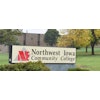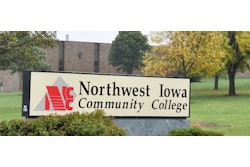As arguably the two people most often associated with community college leadership, Drs. John and Suanne Roueche have enriched the lives of thousands of administrators, faculty and staff at community colleges, thereby strengthening their institutions and students.
Before Dr. Evelyn Waiwaiole entered the Community College Leadership Program, or CCLP, at the University of Texas at Austin 12 years ago, she, like many young people, wasn’t yet sure what she wanted to do with her life.
“I was actually in another program, and I went to talk to John,” she recalls. “He was good at helping you think through what you really wanted to do.” By the time the conversation ended, Waiwaiole realized the doctoral program that has produced numerous top college administrators would help fulfill her career goals. “It was one of the best decisions of my life, right up there with getting married and having kids.”
Unlike Waiwaiole, Dr. Brenda Hellyer knew exactly what she wanted to do and where she was headed when she enrolled in the leadership program in 2007. She had been vice chancellor for fiscal affairs of the San Jacinto College District in Texas, and she was interested in becoming chancellor. “When I began the program I was a little scared, really, but John and Suanne were tremendous role models and mentors.”
“You end up feeling that you’re just part of the family,” says Hellyer, who achieved her goal and was appointed chancellor shortly after completing her Ed.D. in CCLP.
Waiwaiole went on to become director of the National Institute for Staff and Organizational Development, or NISOD, the outreach and service arm of CCLP, with more than 700 community colleges worldwide as members. She is now program manager at the Center for Community College Student Engagement.
For the Roueches, their marriage and first professional collaboration began almost concurrently. “The first year we were married, 1976, the [Southern Regional Education Board] was doing a big study in the South of what colleges were doing with students who needed remediation,” John explains. “And there had never been a study on that. I wrote the first book on remedial programs in 1968 when I was on the faculty at UCLA. So they asked us if we would take a look at what was happening with developmental ed, then write a report. So she and I took that project on, and that was our first collaboration as an author team.”














